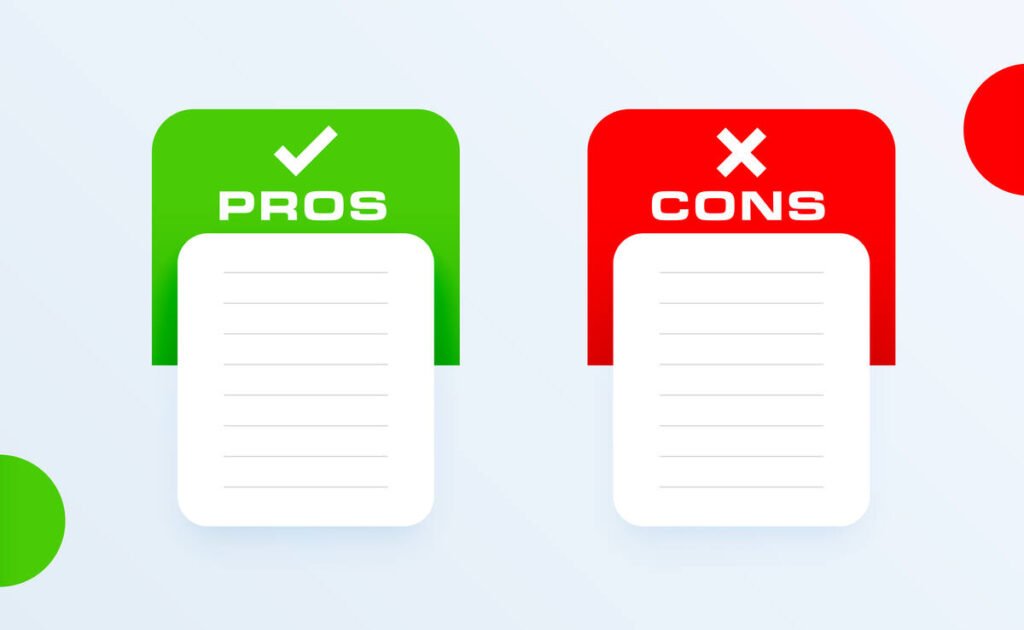Physical Address
304 North Cardinal St.
Dorchester Center, MA 02124
Physical Address
304 North Cardinal St.
Dorchester Center, MA 02124

As 2025 unfolds, prospective homebuyers are facing a tough decision: Should you buy a home now, or wait for better conditions? With rising interest rates, unpredictable home prices, and economic uncertainty, the housing market presents both risks and opportunities for those looking to invest in property.
While some experts warn of potential downturns, others highlight the strong long-term value of homeownership. To help you navigate this complex decision, let’s explore the perils and rewards of homebuying in 2025 and whether now is the right time for you to make a move.
The real estate market is still recovering from volatility in previous years, and 2025 presents several challenges that could make buying a home riskier than before.

One of the biggest concerns for homebuyers in 2025 is the cost of borrowing. Mortgage rates have surged compared to pre-pandemic lows, with the average 30-year fixed mortgage hovering around 6-7% according to Freddie Mac.
Many experts believe interest rates could stabilize in the coming months, but there’s no guarantee. If rates continue rising, waiting could mean even higher borrowing costs.
While some regions are seeing cooling prices, others continue to experience high demand and increasing costs. This makes it difficult to determine whether waiting will lead to a better deal or missed opportunities.
According to Zillow, median home prices are expected to increase by 3-5% in 2025, meaning waiting may not necessarily result in lower costs.
The broader economy plays a crucial role in the housing market, and fears of a recession in 2025 have made some buyers cautious. Rising inflation, layoffs in tech and finance, and fluctuating consumer confidence could lead to job instability, making homeownership riskier for those without financial security.
If you’re in an industry vulnerable to layoffs or economic shifts, it might be wise to wait and ensure job stability before making a major financial commitment.
Despite these challenges, there are compelling reasons why buying a home now could be a smart financial move.

Homeownership has historically been one of the best ways to build long-term wealth. Unlike renting, where your money goes to a landlord, homeownership allows you to build equity—an asset that grows over time.
According to the Federal Reserve, homeowners have 40x more wealth than renters on average, proving that real estate remains a strong long-term asset.
One positive trend in 2025 is the increase in housing inventory. After years of extreme shortages, new construction is picking up, and more homes are hitting the market, giving buyers more choices and negotiating power.
More supply gives buyers better opportunities to find the right home without overpaying in a frenzied market.
With rental prices continuing to increase in many cities, owning a home can offer more financial security compared to being at the mercy of rising rents.
According to Rent.com, rents have increased by an average of 6% annually in major cities, meaning homeownership could be a more predictable and cost-effective choice.
Even with higher mortgage rates in 2025, buying now could still be a smart move if rates drop in the future.
If you wait to buy hoping for lower rates, you might face higher home prices, offsetting any savings from a lower interest rate.

✔ You have stable income and job security. ✔ You find a home you love at a reasonable price. ✔ You plan to stay in the home for 5+ years. ✔ You want to build equity instead of paying rent. ✔ You qualify for first-time homebuyer assistance or other incentives.
❌ You have an unstable job situation or expect a major life change soon. ❌ You’re struggling with saving for a down payment. ❌ You think interest rates will drop significantly in the near future. ❌ You’re uncertain about home values in your target area. ❌ You prefer flexibility and aren’t ready for homeownership responsibilities.
The decision to buy now or wait ultimately depends on your personal financial situation, market conditions in your area, and long-term goals.
If you’re financially ready and find a home that fits your needs, buying now could be a smart move—especially with rising rents and growing inventory. However, if you’re uncertain about your job stability or hoping for a better deal, waiting might be the safer choice.
Regardless of what you decide, staying informed about market trends and working with a knowledgeable real estate professional can help you navigate the challenges of 2025 and make the best investment for your future.